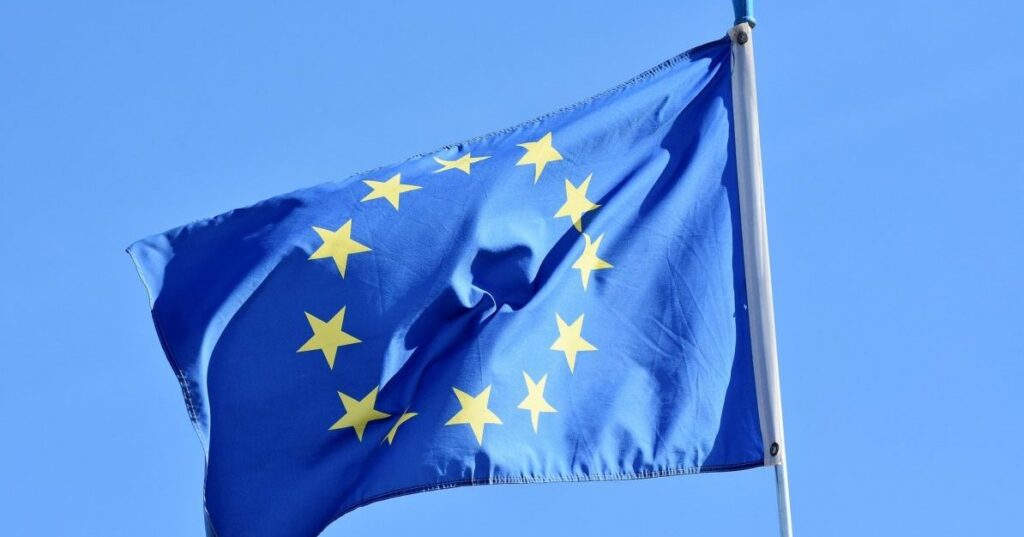In recent days, the media have talked a lot about the “Recovery Fund” and the European Summits and the 2021-2027 budget.
But what does it mean? Has anything important happened in the setting of the community budget?
It has been a while since our last update on this matter: from February to the present, many other urgent matters have occupied the attention of the media, citizens and community institutions. But where were we on 2021-2027 programming, and what is new?
For the sake of clarity, let us recall the main elements that make up what is normally called the “community budget” (find details in a dedicated post of ours):
- The amount of resources (“ Own Resources “) available for European institutions, policies and programs during the relevant seven-year period;
- the Multiannual Financial Framework (MFF) , or the programming of the maximum annual amounts of appropriations during the seven-year period;
- the individual annual budgets and the Regulations for the individual European Programs. , whose maximum allocations are defined by the Multi-Year Financial Framework.
The links offered for each item allow you to follow the legislative process for each of these procedures, all of which are interrelated but all distinct from each other.
Well, where were we on all points?
On Own Resources it was, so to speak, on the high seas. A 2018 European Commission proposal had been followed by a phase of exchanges and interlocutions, in a matter that still remains the exclusive competence of the Council and the Member States (the other institutions express only with opinions and recommendations).
On the MFF, however, the situation was more crisp and dynamic. Approval of the MFF requires the consent of the European Parliament, which exercises its negotiating role especially on this aspect of the EU budget. He did so with particular vividness in the very early months of this year, in the aftermath of the Council’s initial proposals, which were deemed insufficient.
The situation was more defined, but also relatively stationary with regard to individual European Programs. For most of the programs there was a European Commission Proposal and a European Parliament Resolution; with further developments dependent on, among other things, the outcome of the Own Resources and MFF debate.
What are the main changes to date?
1. Own Resources.
The most important one is dated July 21 and concerns Own Resources. The recent summit, which was referred to as a long tug-of-war regarding the nature and amount of the so-called “Recovery Fund,” more broadly defined the total allocation of Own Resources for the period 2021-2027 as 1074 billion euros, plus 750 billion “Recovery Fund.”
The amount defined is lower than the previous positions of the Council and the European Parliament (which proposed 1095 and 1324 billion euros , respectively, in February ), but it is actually much higher, if the additional contribution of the “Recovery Fund” (to which we will devote a separate post!) is taken into account.
The agreement follows a May 28 European Commission proposal and a July 10 Council presidency proposal.
It is described in great detail on theofficial website of the European Council(official text here).
2. The MFF
In the meantime, there have also been important developments regarding the Multiannual Financial Framework: also on May 28, the European Commission presented a new proposal, accompanied by special thematic and sectoral fiches. Together with the agreement reached on Own Resources, this proposal is a milestone for the new set-up of European funds and programs for 2021-2027.
In fact, from this proposal and the agreement reached on July 21, negotiations and approval procedures for individual programs and the MFF can resume in a decisive manner, until their approval expected by the end of the year.
In this sense, the need to provide a strong response to the emergency has been an incentive to finalize agreements that are regularly (for each seven-year period) long and difficult. The nature of the so-called “Recovery Fund” (better defined as the “Recovery Instrument,” or “Next Generation EU“) represents a further turning point: it is in fact entirely financed by so-called “Eurobonds,” or bonds contracted directly in the name of the European Union to meet particularly strategic and pressing needs of its citizens and its economic system.
The most important documents currently available on the new MFF are:
- The European Commission’s Communication presenting the EU budget as the driver of the European Recovery Plan (with an annex specifically devoted to post-crisis recovery measures);
- The Amended Proposal for Regulations Establishing the Multiannual Financial Framework for 2021-2027 (with a summary of the main budget items);
- The Proposed Regulation on the New EU Instrument for Recovery post-Covid-19.
3. Now what?
It is easy to expect major new developments in the coming weeks and months, both on the MFF and on individual EU programs in the new seven-year period.




